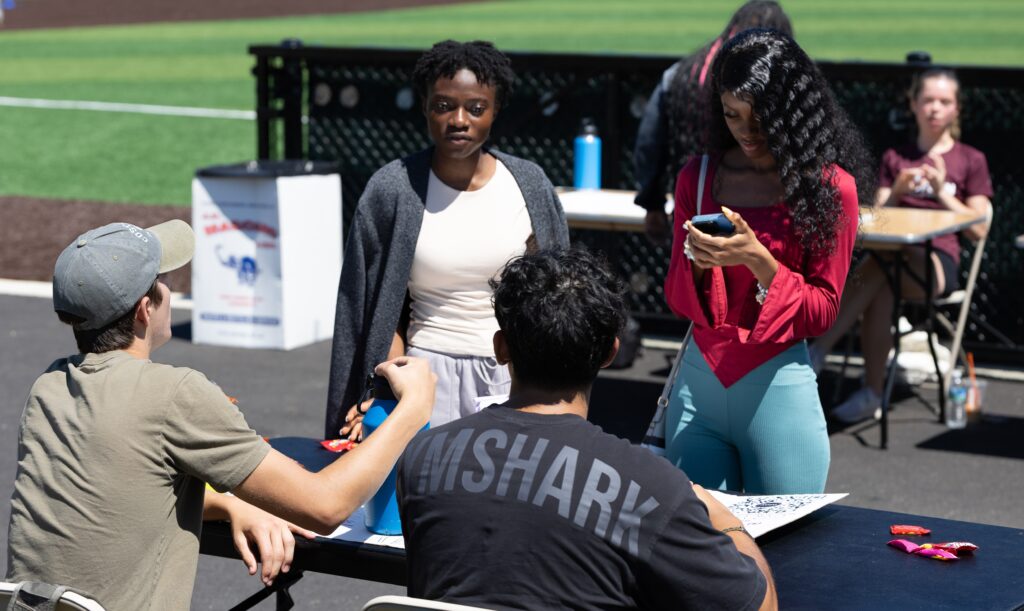In the post-COVID college environment, getting active student clubs off the ground can be a daunting challenge. In spite of the challenges, two clubs have been enjoying great success recently – African Caribbean Union (ACU) and Youth Against Complacency in Homelessness Today (YACHT) club. What has contributed to their growth? Their leaders give advice to other campus clubs.
When Oluwadamilola Akinboro took over as president of the ACU in 2023, the club was rather inactive. In the two years he has been president, the club has seen dramatic growth, averaging one large event per month that typically has around 30 attendees including the board. The once three person leadership team has grown to twelve.
Akinboro credits the growth of ACU with the simple and accessible vision of the club. “The vision was to get students on campus more familiar with African and Caribbean culture. To make it accessible to them in a way where we’re not diluting the culture, but it’s easy for them to come to an event and learn something new or try something new. I would say that’s the vision, just really being bold and being out there and promoting as much as possible, telling everybody ‘come to this event,'” Akinboro said.
He emphasizes the value of promoting events through word of mouth, rather than just a poster or social media post. He also believes the creativity of ACU’s events has attracted student attention and hooked them in, a strategy ACU’s board spends much time thinking about. “I think it’s [about] really thinking ‘what would we want to see in an event?’” Akinboro said.
The majority of the leadership team is from an African or Caribbean culture themselves or have a strong love of the culture, making them more personally invested. Akinboro credits the camaraderie in the board with a major reason the club has become so successful. “I was just lucky to have friends that were like me in similar cultures and were also excited about it. My board being my friends really helped a lot to have that excitement. It didn’t feel like a job, it felt like we were just hanging out and having fun,” Akinboro said. “We’re still productive and we plan things efficiently, but we’re always cracking jokes…ACU is more of a community than a club.”
Cathleen Saunders was a freshman when she took over as the leader of Youth Against Complacency in Homelessness Today (YACHT) club. Under her leadership, YACHT has had a more vibrant and public presence on campus and averaged 20 students per twice a week outing, a feat she accomplished with the help of her five person leadership team. She credits the cohesiveness of her leadership team and advisors Megan Acedo and Chaplain Modica for YACHT’s success. “When you move as a unit rather than as individuals, we can do more, much like the body of Christ,” Saunders said.
Saunders also emphasizes the role of a clear vision for the club. “Our club is one that invites all people from all backgrounds to engage in caring for people and building empathy. With no secret, one of the things that we try to do for our students is to build empathy, a trait that is severely lacking on campus and in the world. When we bear witness to the injustices of this world, people can take time and chew on what they learn and make decisions from there,” Saunders said.
Much like Akinboro, Saunders highlights the value of connection. “My advice to other clubs who want more engagement or to grow in size starts with relationships. One thing that we do every outing is we check on people, ask them questions and bring faith into what we do,” Saunders said.
While student engagement remains a challenge in 2025, Akinboro and Saunders’ leadership can provide insight into how to adapt and remain relevant for student interest.

